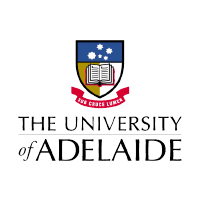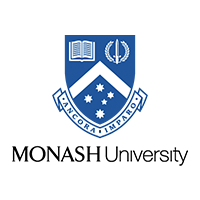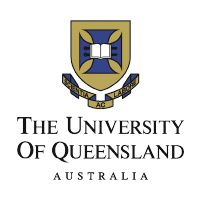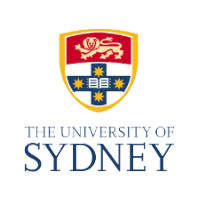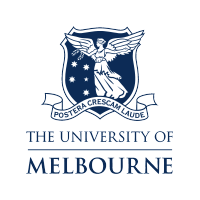Curriculum
Bayesian Statistical Methods (BAY)
To achieve an understanding of the logic of Bayesian statistical inference, i.e. the use of probability models to quantify uncertainty in statistical conclusions, and acquire skills to perform practical Bayesian analysis relating to health research problems.
Annual Availability
BAY will next be offered in 2025
COORDINATORS:

General outline
Prerequisites
Epidemiology, Mathematical Foundations for Biostatistics, Principles of Statistical Inference, Regression Modeling for Biostatistics 1
Time commitment
8-12 hours total study time per week
Semester availability
Semester 2 in year of delivery, this unit is offered every second year.
Assessment
Assignments 60% (two major assignments worth 30% each) and submission of selected practical exercises 40%
Prescribed Texts
Lambert B. (2018). A Student’s Guide to Bayesian Statistics. SAGE Publications Ltd (recommended - not compulsory)
Special Computer Requirements
RContent
Topics include simple one-parameter models with conjugate prior distributions; standard models containing two or more parameters, including specifics for the normal location-scale model; the role of noninformative prior distributions; the relationship between Bayesian methods and standard “classical” approaches to statistics, especially those based on likelihood methods; computational techniques for use in Bayesian analysis, especially the use of simulation from posterior distributions,; application of Bayesian methods for fitting hierarchical models to complex data structures.
Resources
Course notes, online mini-lecture videos, online tutorials, discussion board
